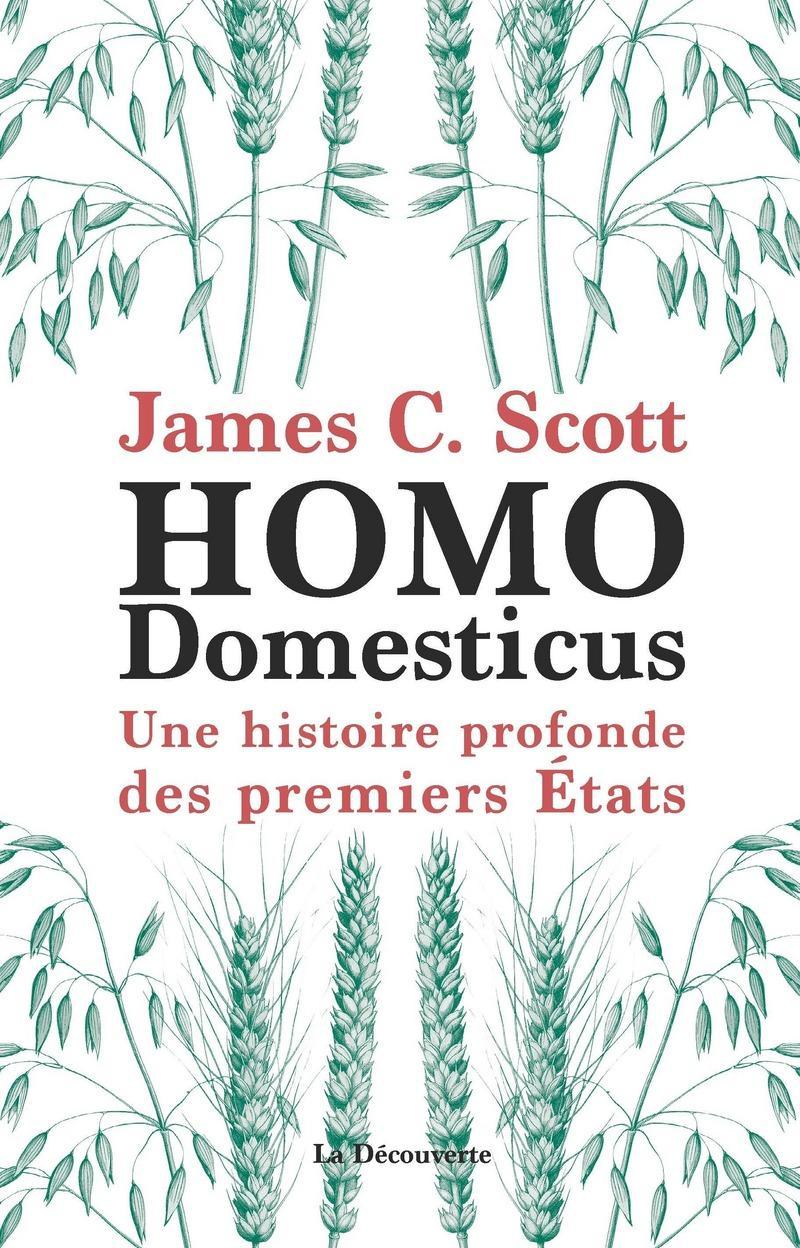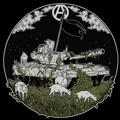There has long been a debate over the merits of the life of the "civilized" human being over that of the "noble savage," one that seemingly turned decisively in favor of the modern state as the European empires expanded over the last several centuries. As the Thomas Hobbes memorably stated in his description of the state of nature, “and the life of man, nasty, poor, brutish, and short.” But what if Hobbes was wrong? Perhaps if he had considered the lives of London slum dwellers and American slaves versus the hunters and gatherers who persisted in much of Africa and the Americas at the time, he might have reached a different conclusion. History, after all, is written by the victors.
Perhaps the concentration of power in urban centers with its attendant dependence on a restricted diet of monocultures, especially grain, its problems of sanitation, concentration of germs and parasites and susceptibility to epidemic disease, its submission to the tax gatherer, and its imposition of the round the clock drudgery of agriculture and industrial life, was not a material improvement for most people over the free ranging life of our ancestors. With its diseases and hardship, was civilization worth it? James Scott's Against the Grain, provocatively poses the question, even if it does not fully settle it.
Modern man has in effect been domesticated; we have lost the skills necessary to survive in the wild. There is an easy assumption that people living off the land were weaker and stupider than their urban and agricultural counterparts, and yet for much of the last several millennia, it was the poorly nourished and disease-ridden domestics who were weaker, less well nourished, and comparatively far overworked.
“Nomads, Christopher Beckwith has noted, were in general much better fed and led easier, longer lives than the inhabitants of the large agricultural states. There was a constant drain of peoples escaping from China to the realms of the eastern steppe, where they did not hesitate to proclaim the superiority of the nomad lifestyle.”
The assumption has also been that because people lived in the wild, they led a haphazard and unplanned existence. Anyone who has ever been even on a short camping trip, however, knows the importance of meticulous planning, and the supposition that the multifarious bounty of the land was less reliable than the laborious cultivation of single grains notably subject to crop failure may be misguided.
Scott argues, in contrast, that life outside the modern state was a rational and healthy choice for most of humanity for most of its existence. The rise of the modern state, with its bureaucracy, written records, monumental architecture, standing armies, and above all its tax collector is an aberration not a norm. The initial reasons for the adoption of the state form are not wholly clear in light of its obvious epidemiological disadvantages, its imposition of additional labor, its nutritional deficits, and its deprivation of freedom.
“There may well be, then, a great deal to be said on behalf of classical dark ages in terms of human well-being. Much of the dispersion that characterizes them is likely to be a flight from war, taxes, epidemics, crop failures, and conscription. As such, it may stanch the worst losses that arise from concentrated sedentism under state rule.”
Literacy, or rather initially numeracy, increased in states where it was necessary to track and inventory not only grain, but also people, who quickly became the nascent states' most valuable commodity, whether as citizens or slaves. Scott suggests that the rejection of literacy by people outside the state in favor of oral culture was part and parcel of a rejection of the state's assertion of control over its citizens through walls, taxes, and violence. Scott quotes one researcher as posing the question:
“[Why did] every distinctive community on the periphery reject the use of writing with so many archaeological cultures exposed to the complexity of southern Mesopotamia? One could argue that this rejection of complexity was a conscious act. What is the reason for it?
Perhaps, far from being less intellectually qualified to deal with complexity, the peripheral peoples were smart enough to avoid its oppressive command structures for at least another 500 years, when it was imposed upon them by military conquest. . . . In every instance the periphery initially rejected the adoption of complexity even after direct exposure to it . . . and, in doing so, avoided the cage of the state for another half millennium.”
When the infant states of Mesopotamia crumbled every few generations, as they regular did in the face of war, plague, famine, or political infighting, the reversion to life outside the state was not necessarily a disadvantage to their erstwhile citizens. So long as the option was available, a free life dispersed amidst abundance may often have been preferable to confinement behind the city walls.
“The abandonment of the state may, in such cases, be experienced as an emancipation. This is emphatically not to deny that life outside the state may often be characterized by predation and violence of other kinds, but rather to assert that we have no warrant for assuming that the abandonment of an urban center is, ipso facto, a descent into brutality and violence.”
Ironically, Scott points out that such defensive works as the Great Wall of China were actually constructed as much to keep citizens in as to keep "barbarians" out. The rise of the state itself was only possible with a confluence of systems designed to keep people under control in order to produce the grain surplus necessary to sustain a class of citizens not directly engaged in procuring or providing food. Only this kind of surplus made possible a specialization of labor, and the surplus was achieved by virtue of walls, taxes, armies, literacy, and slavery, which Scott argues is a foundation of the modern state throughout most of history.
(In that sense, the Confederacy may have been more than a throwback than an aberration. It is noteworthy, although often overlooked, that both Classical Greece and Rome were sustained by large slave populations. Moreover, even today, our modern civilization in dependent on exploitation of labor under conditions approaching slavery, whether it be Foxconn or Federal Prison Industries, and literal slavery is not extinct. As George Orwell pointedly remarked in his essay on Kipling, "We all live by robbing Asiatic coolies, and those of us who are ‘enlightened’ all maintain that those coolies ought to be set free; but our standard of living, and hence our ‘enlightenment’, demands that the robbery shall continue.")
For centuries after the rise of states, citizens and non-citizens of states lived in an uneasy equilibrium, with the latter far outnumbering the former. The concentrated wealth and manufactures of states were both a source of trade and of plunder for stateless "barbarians," whereas the "barbarians" provided transport and often protection upon which the states depended. State relationships with non-state peoples often took the form of a protection racket; states paid "barbarians" on their frontiers not only not to attack them but to protect them from other attackers. Rome paid generous subsidies in the form of "gifts" to the Huns and the Celts in return for nominal recognition of Roman suzerainty.
Scott does not deal extensively with the factors that ultimately tipped the balance in favor of the modern state, the near eradication of stateless peoples, and the "domestication" of virtually the entire human race, but he does suggest that the invention of gunpowder – which ended the advantages of cavalry – and the urban-incubated European epidemics which swept the New World were decisive factors in tipping the balance and ending the "golden age of the barbarians."


